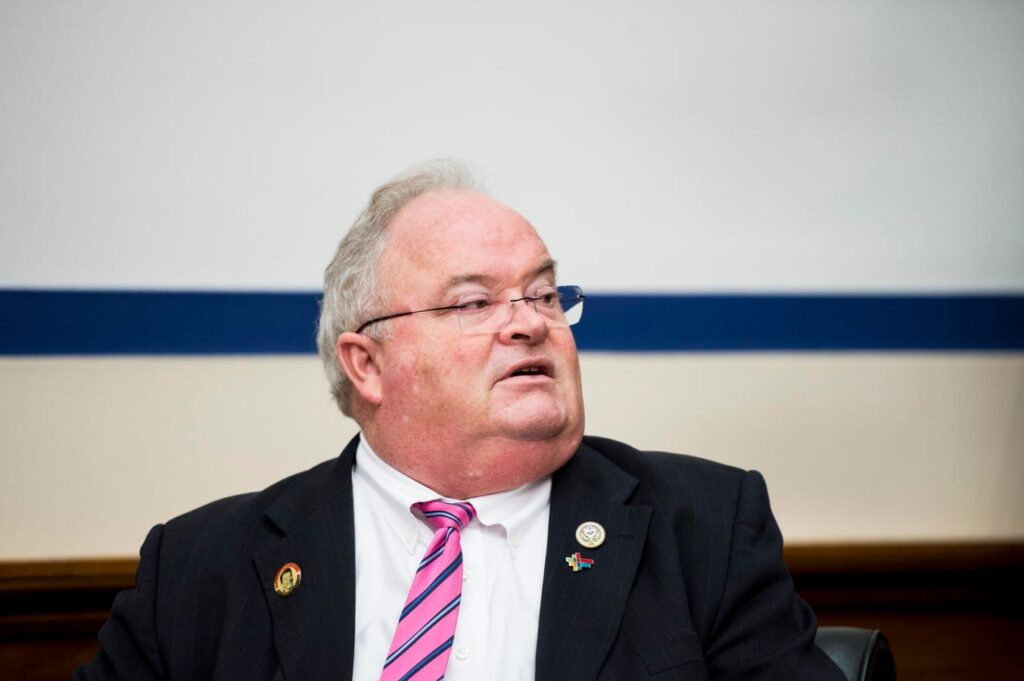The potential changes to the Internal Revenue Service (IRS) under President-elect Donald Trump’s administration show indications of being particularly tumultuous, primarily shaped by his personnel choices and the antiquated views espoused by his allies regarding tax compliance. Central to this forecast is Trump’s selection of former Representative Billy Long as the next IRS commissioner, who has previously co-sponsored legislation seeking to abolish the agency entirely. The implications of limiting IRS authority and funding not only capitalize on the narrative that labels the agency as part of the “deep state” but also suggest a broader consequence for overall voluntary tax compliance amongst the populace. Such a significant transformation in the management and operations of the IRS raises concerns about the stability and reliability of taxpayer contributions to federal revenues.
The resistance to the IRS, as articulated by Trump and aligned figures, appears rooted in an ideology that seeks drastic cuts to government spending, often at the expense of governmental departments like the IRS. Trump’s earlier stance on income taxes, where he suggested that non-payment reflects shrewd financial acumen, echoes through the appointments and policies he has promoted. Allies like Vivek Ramaswamy advocate for the elimination of the agency, aligning with Trump’s broader campaign promises, which seem to frame the IRS as an adversary to average citizens. The criticisms levied against the IRS come with an inflated narrative where, at the perceived behest of the government, the agency becomes the embodiment of bureaucratic overreach, allegedly “weaponized” against American taxpayers, despite factual audit statistics showcasing that a mere fraction of income tax returns faced scrutiny.
The key to understanding the forthcoming transformations lies in the juxtaposition of Trump’s objectives against the current IRS leadership. Commissioner Daniel Werfel’s tenure is expected to end abruptly as Trump’s administration seeks to correlate agency operations with their ideological goals. Long’s background, devoid of substantial tax knowledge or legislative experience on tax-related matters, raises eyebrows regarding his competency to lead the agency effectively. While Long promoted controversial Employee Retention Tax Credits following his departure from Congress, allegations of fraud within this program suggest the challenges confronting leadership and oversight in such tax matters. This backdrop highlights Trump’s intent to create an IRS leadership more reflective of his vision rather than one grounded in accumulated expertise and objectivity.
The anticipated political appointments to the IRS suggest a transformation designed to consolidate political power, where loyalty supersedes merit. As Trump is likely to reintroduce measures easing the removal of civil servants, the ramifications will likely extend well beyond mere personnel changes. The aim is to establish a workforce that aligns with Trump’s agenda, as detailed in Project 2025, which advocates for a radical overhaul that intersperses political appointees across various IRS positions. This shift away from a non-partisan, professional agency towards one rife with political allegiance can fundamentally undermine the agency’s ability to function impartially, thereby threatening the integrity of federal tax administration overall.
With the incoming administration bound to enact considerable changes, critical questions regarding the future of the IRS arise. Among these are whether Trump will attempt to replace Werfel during the hectic tax filing season and how quickly political loyalists may occupy influential positions, particularly in enforcement. Congress’s role in affecting budget appropriations becomes pivotal, as Republicans may push for additional cuts beyond previous freezes, raising concerns about the agency’s capacity to effectively fulfill its mandate. The ability of the IRS to adopt necessary technological upgrades and innovations, essential for enhancing taxpayer services, will also be on the chopping block, potentially restricting its operational modernization in favor of politically motivated initiatives.
A lingering uncertainty exists regarding the responses of taxpayers toward perceived animosity directed towards the IRS, often articulated as a foe by Trump and his administration. This may mold public perception, especially among those who did not partake in supporting Trump’s electoral ventures, potentially escalating a national sentiment of distrust towards the agency. Compounded by the potential for using the IRS as a means of political retaliation against perceived adversaries, the atmosphere for voluntary tax compliance could deteriorate. The essence of maintaining a constructive relationship between the IRS and taxpayers is at risk if the narrative continues to frame the IRS as the enemy rather than an entity designed to facilitate compliance and fiscal responsibility.
Ultimately, the stakes are high for both the administration and the IRS, as proposed changes driven by an ideological agenda could sever critical ties between the taxpayer and the federal government. By unraveling established norms within the tax collection framework, the implications of Trump’s approach to the IRS extend well into the broader economic landscape, potentially undermining adherence to tax responsibilities. The challenge resonates particularly as the discussions shift from rhetoric to action, where the real impact of these government alterations will need to be negotiated within a complex society that may respond unfavorably to changes perceived as motivated by partisanship rather than constructive governance. The scrutiny on these forthcoming developments is warranted, as they will indubitably reshape the IRS, taxpayer relations, and the overarching fiscal health of the nation.

